A search on Google for “foods to avoid during pregnancy” throws up terms like “miscarriage foods”.
Frenzied reading follows. Eggs, papaya, peaches… everyday favourite foods seem to be the culprits. Your heartbeat quickens as you recall the boiled egg eaten just yesterday. STOP!
Don’t let such misleading clickbait make pregnancy a bed of hot coals. Let’s clear out some myths from the facts.
What Not to Eat When Pregnant
Science has proved (or not yet disproved) that some substances are definitely a no-no for a healthy pregnancy. Know them and avoid them.
1. Alcohol
Alcohol has been linked to stillbirths, miscarriages and brain defects in newborns. Many moms to-be aren’t aware of the potent effects of alcohol on the foetus. While one small glass of wine now and then may seem ok, there’s really no safe alcohol level defined for pregnant women. It’s best avoided altogether.
Disclaimer: I did sneak in a glass of wine every now and then during my pregnancy, especially in the second trimester. But why take the chance?
2. Addictive Drugs & Cigarettes
Smoking and addictive drugs are dangerous for pregnant moms and babies. It is said cigarette smoke can pass upto 4000 toxic chemicals to your baby. It can also lead to premature births and increase risk of sudden infant death syndrome (SIDS). This can happen through both active AND passive smoking. So dads and other family members should exercise restraint too!
Addictive drugs and hallucinogens can also cause birth defects and miscarriage.
3. Processed Foods
![]()
Moms need more nutrients from food for themselves and the baby. This means eating more whole foods than you usually do, but not necessarily more calories. Remember, you only need an extra 350 calories a day.
Sure, cravings for cheese balls are hard to quell. But don’t get lulled by claims of “healthy” and “low fat” ingredients in packaged food. You will likely end up consuming a lot more sugars and bad fats than you realize. Stick to fresh food as much as possible. For On-the-Go Snacking, keep a box of nuts or even some kid friendly snack bar packs!
Excess weight gain during pregnancy could lead to birth complications, gestational diabetes, and the risk of an overweight child. And of course, more weight to lose afterwards!
Foods that are Risky during Pregnancy
Some foods, while wholesome otherwise, are considered risky for pregnant women because of the higher probability of infections they carry.
1. Seafood and Shellfish
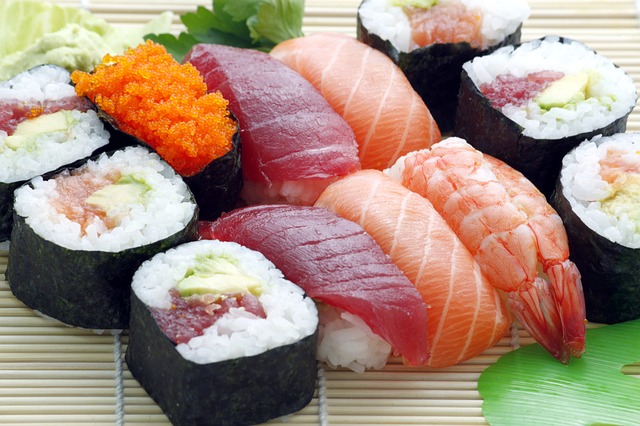
Raw / undercooked fish like sushi and particularly shellfish, can cause infections in moms and babies.
Listeria, a bacteria which makes its way to fish during the drying or smoking process, can be a potential threat. In fact, pregnant women are twenty times more vulnerable to listeria than others. This bacteria can lead to stillbirth, miscarriages and other issues.
But that doesn’t mean you need to avoid fish altogether! Go ahead and enjoy fresh fish from reputable sources that is well cooked and hygienically prepared. In fact, fish should definitely be on your must-eat list of pregnancy foods, for the proteins, vitamins, minerals and omega-3 fatty acids it contains. Look for low-mercury types of fish, like salmon, canned tuna, catfish, cod and tilapia for the most nutritional points.
2. Raw, Undercooked and Processed Meats
![]()
Undercooked meats can also infect you with listeria, E.coli, toxoplasma and salmonella. Again, meats on their own are GOOD for pregnant women. Just ensure it has been cooked completely.
Processed meats can also contain salmonella, listeria and other food-poisoning critters.
Pregnancy Food Myths
Scientific facts aside, many myths abound across cultures on Foods to Avoid During Pregnancy and their terrible consequences. Let’s get some facts straight.
1. Myth: Coffee & Tea will harm baby
![]()
Reality: More than two to three cups of tea or coffee a day might limit growth in the fetus and make an underweight baby. But that doesn’t mean you have to forego your afternoon pick-me-up cup of joe. Just limit yourself to less than 200 mg caffeine per day to balance your needs and that of your unborn baby.
2. Myth: Eggs cause miscarriage
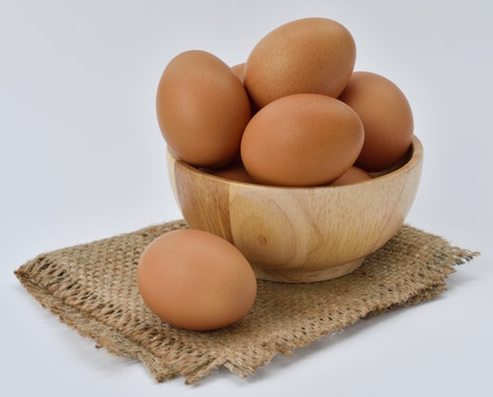 Reality: Eggs are one of nature’s most complete foods and must certainly be included in the diet of pregnant women.
Reality: Eggs are one of nature’s most complete foods and must certainly be included in the diet of pregnant women.
Not only are eggs delicious, but filling and the kind of protein-rich food that are perfect snacks for pregnant women!
It is true that under-cooked or raw eggs could contain salmonella bacteria. However, when cooked well, eggs pose absolutely zero hazard. In fact, add boiled eggs and veggie stuffed omelettes to the top of your list of what to eat during pregnancy.
Do exercise caution though and avoid foods that could contain raw eggs, like homemade mayo, hollandaise sauce, salad dressing, homemade ice cream, cake icings, etc. Poached eggs are best avoided too.
3. Myth: Papaya is bad for pregnant women
Reality: Ripe papayas are rich in vitamins and antioxidants and are excellent for pregnant moms. The warnings though, are valid for raw papaya which has high levels of papain that can possibly trigger uterine contractions. So, if you’re craving sweet, juicy papayas, go for it!
4. Myth: Peaches trigger miscarriages
![]()
Reality: Just like any other whole food, peaches too are safe in moderation. They are rich sources of iron, folic acid, potassium, fiber, protein, zinc and pectin and a good addition to the variety a pregnant woman’s diet needs.
In fact, peaches relieve morning sickness. But the danger of overeating them is that they could heat your body and throw the normal gestational process out of whack.
So, eat them judiciously. Also, peel them so the fine hairs don’t irritate your sensitive pregnant-mom throat.
You can eat as many peaches as you want after delivery to lose the baby weight!
What to Eat During Pregnancy
Now that we know what not to eat when pregnant, what to avoid and what to consume in moderation, it’s good to also learn about an ideal diet for pregnant women.
A pregnant women needs an extra 350 calories for foetal development and her own bodies needs. In the first trimester, a woman may not be able to consume the extra amount and actually may not even need it, since the foetus is very small. The second and third trimester, though, require special focus on the quality and quantity of food. And on regularity of food consumption.
List of Pregnancy Foods
The four food groups to focus on are:
- Energy giving foods – carbohydrates & fats
- Proteins
- Calcium
- Iron
A detailed analysis of this list will follow in another article. The bottomline, though, is to
- consume fresh whole grains and foods that are washed and cooked thoroughly (as needed)
- consume in moderation, but consume a variety of things
- avoid pre-cut fruits – thoroughly rinse and peel whole fruit to avoid risk of infection
- fruit juices are best avoided. However, occasionally freshly squeezed, coldpressed juices are ok
- eat 5-6 meals during the day
- make your snacks count – chose makhana over chips, nuts over sweets
Finally, enjoy your pregnancy, it’s not all worry and caution :)!

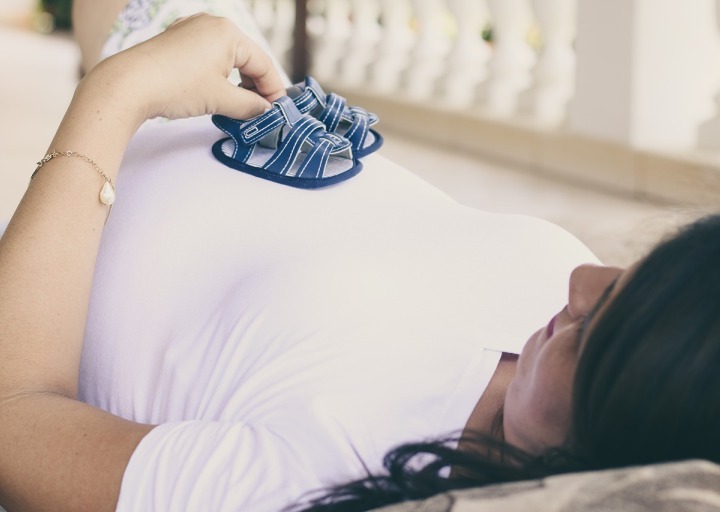
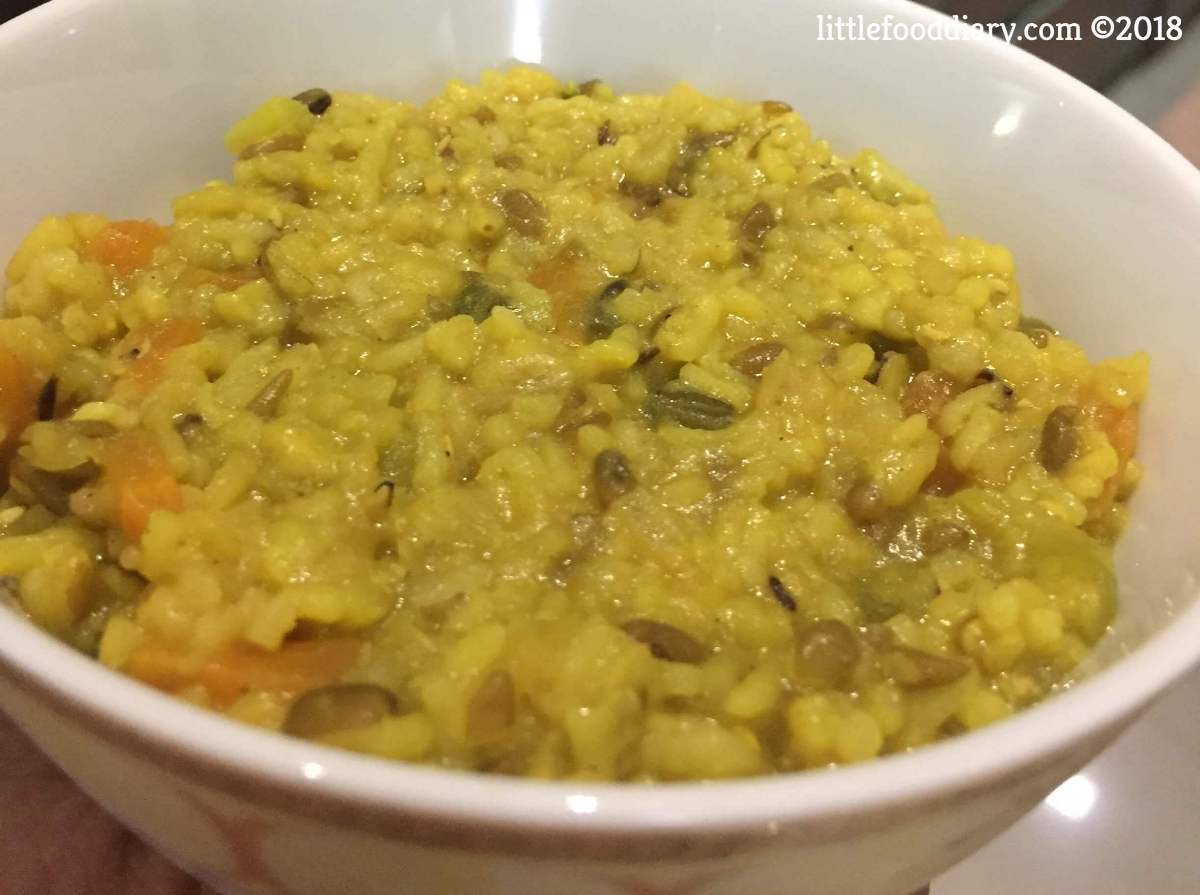

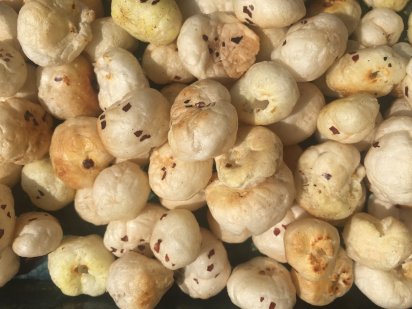

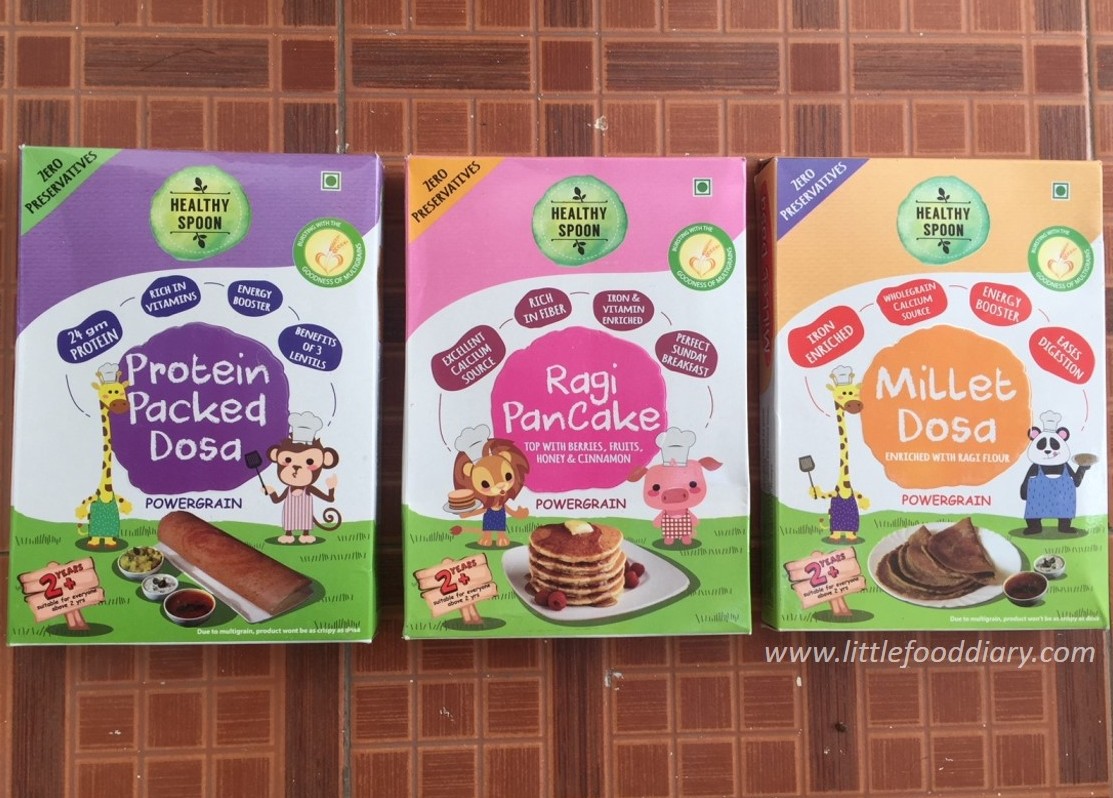
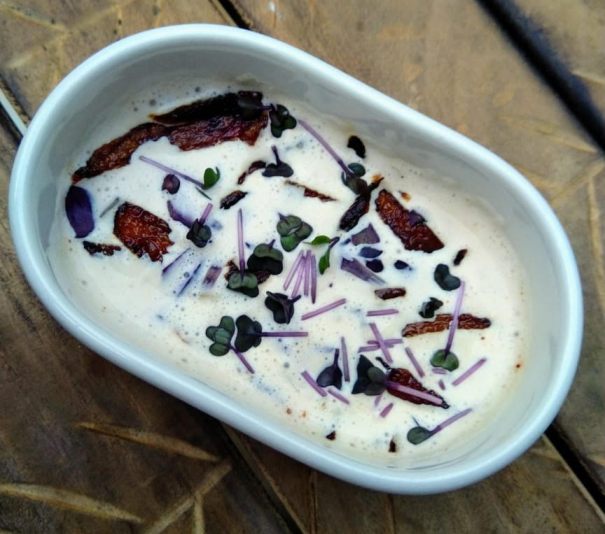

0 Comments